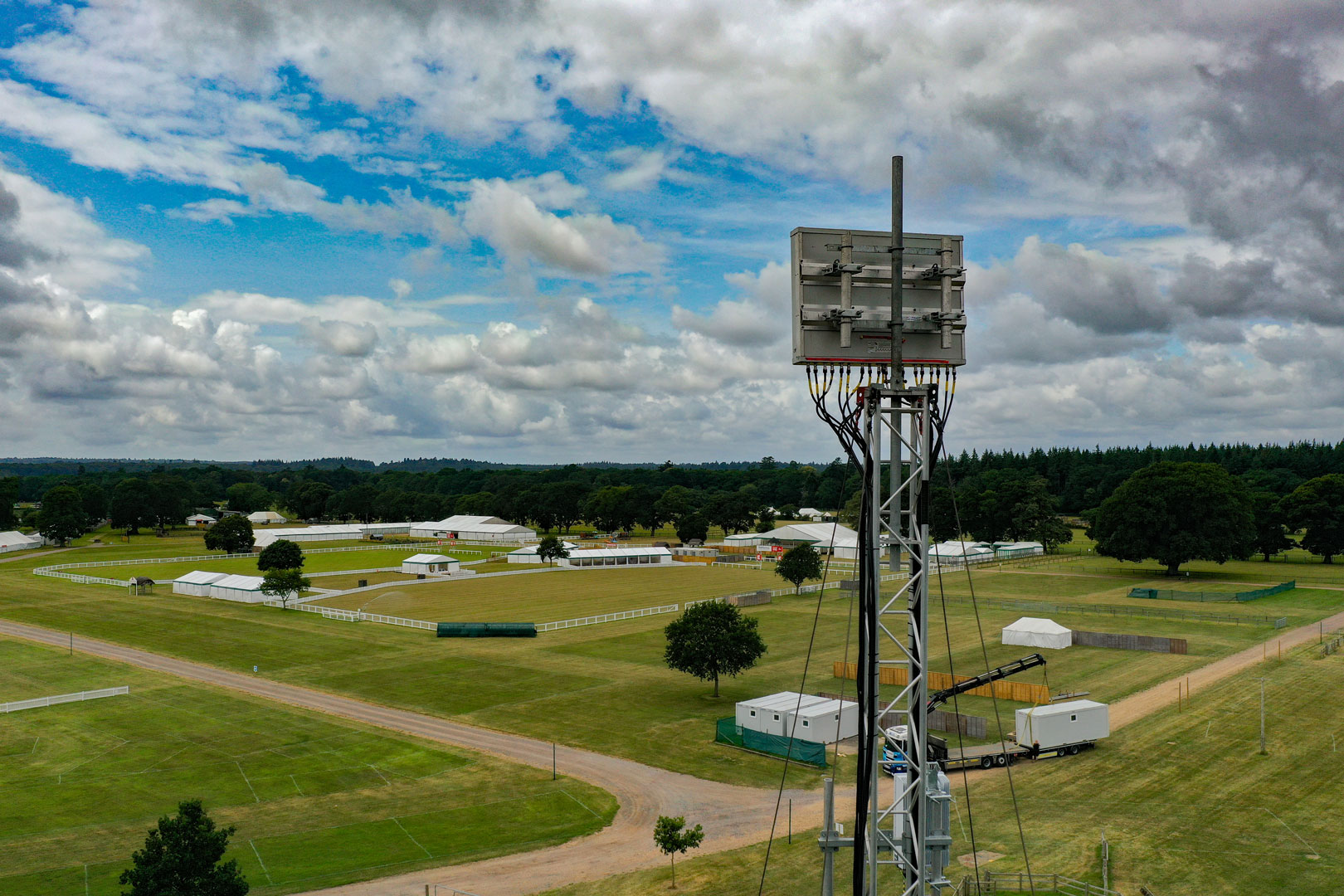
- More than a third of business leaders say their company hasn’t even considered flexible working as a way of saving money
- Vodafone reveals the real value of better ways of working by turning desks into dosh
UK plc. can potentially save around £34bn by freeing up desk space and working more flexibly, according to a Vodafone UK survey released today. However, the majority of UK business leaders are grossly underestimating what is possible to save with two out of three (65%) insisting their business can’t lose any desks.
The YouGov poll showed business decision makers who thought they could save desk space through flexible working estimated they could lose on average 46 desks. But they vastly underestimate the value of those desks, citing an average saving of £441 per desk – not even 10% of the £5,746 average cost of a desk in the UK*. In actual fact, based on respondents’ estimates of the number of desks they could lose those businesses stand to save an average of £260,000 per year.
A worrying one in five of those surveyed thought that their employees remained rooted to the old principle that all employees should have their own desk space (21%) and flexible working ultimately leads to employees taking advantage of the system (23%).
The majority of business decision makers (77%) agreed that they measure success by results rather than time spent in the office, yet only one in five (20%) thought that they could get rid of desks through flexible working and more than a third (37%) haven’t even considered flexible working as a way of cutting costs.
Jeroen Hoencamp, Enterprise Director at Vodafone UK said: “We need to get Britain working smarter and thinking about different ways of working. A potential saving of up to £34bn is staggering and this research reveals businesses are underestimating the savings they can make through reducing the number of desks they have. Not only that, only a fifth of businesses think there’s an opportunity to lose desks, demonstrating a lack of understanding of how working differently can cut fixed costs. New ways of working will also bring other benefits such as improved productivity, increased efficiency and a happier workforce.
“In the current economic environment it’s vital that businesses make the most of opportunities to save money while improving business performance. The desk-bound, building-based work model no longer works for every business.”
By introducing new ways of working, such as shared workspaces, flexi-desks and enabling employees to work from anywhere, in or out of the office, businesses can save on property and fixed desk costs at the same time as actually improving collaboration and building a sense of community in the workplace. For many businesses, automatically providing a fixed desk for every individual employee is not necessary as often desks are not occupied all of the time. Having a fixed desk also means that an employee is tied to one location in an office, which can reduce the opportunities for team working.
The research reveals that working from home is the most common form of flexible working businesses allow, with almost half of companies (42%) surveyed offering this. However, despite many business leaders (63%) agreeing that employees don’t need to work the traditional 9 to 5 and that flexible working leads to a happier workforce (62%), nearly a quarter (22%) still don’t have any flexible working policies in place.
Jeroen added: “Companies that think their employees must always be present in their offices in order for them to work has been a bone of contention in recent weeks and it is good that the issue is being discussed. This research reinforces that business leaders are open to new ways of working but are blinkered to how it can be implemented on a day-to-day basis.
“The best solutions will differ from business to business but flexible working is more than just working from home. It’s about working from wherever you need to be, whether that’s from a café with a client, a customer’s HQ or during your commute. By making best use of technology such as audio and videoconferencing, instant messenger and mobile internet this can be achieved while strengthening collaboration and enhancing a sense of community between colleagues.
British businesses need to be agile and responsive, with the ability to work from anywhere, if they are going to remain competitive.”
Other key findings from the survey revealed:
- Fewer than a fifth of businesses (18%) have a “hot-desking” policy
- Employee attitudes are not a big barrier to implementing flexible working policies, with only 17% citing employees’ reluctance to embrace flexible working as a barrier
- 36% of senior business decision makers believe reducing desk space would be inappropriate for their business
- 33% think reducing desk space would have a negative impact on collaboration/teamwork

![Dawlish Sunrise [Adobe Stock] resized stock photo of Dawlish in Devon](https://www.vodafone.co.uk/newscentre/app/uploads/2024/04/Dawlish-Sunrise-Adobe-Stock-resized.jpg)


